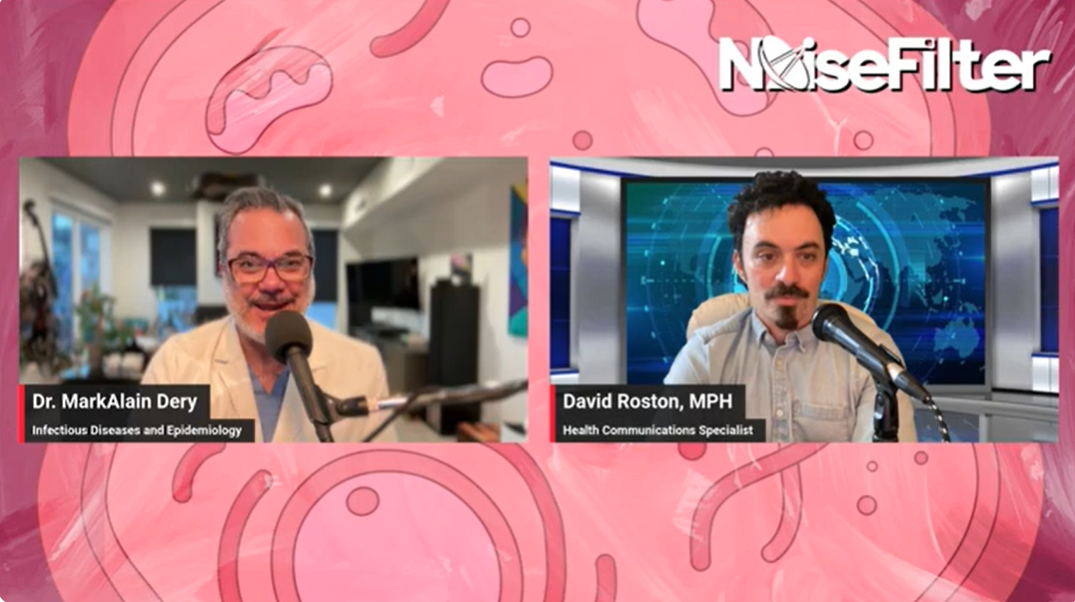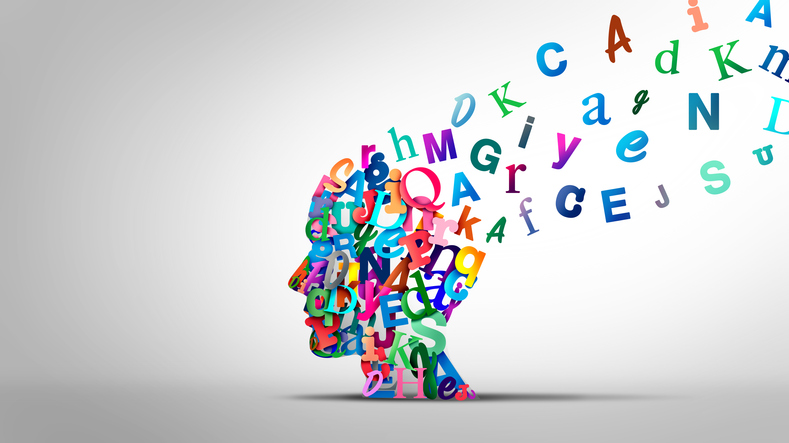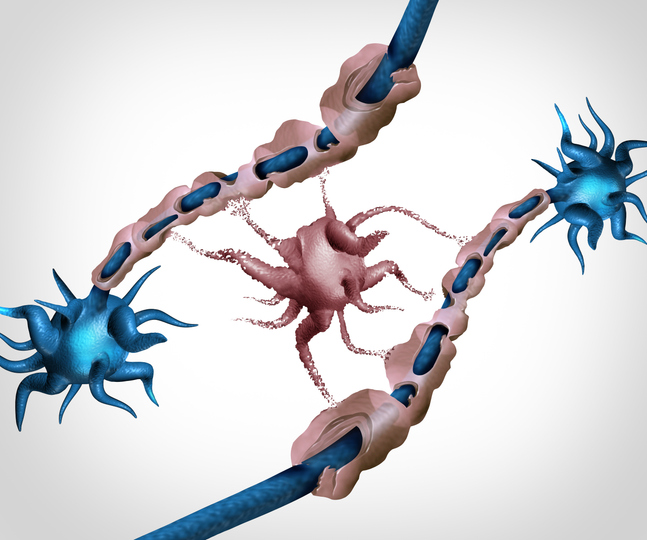Dr. Rachel Petersen-Nguyen On ADHD & Depression Awareness in Children
By Rob Dillard - Last Updated: April 24, 2023October is ADHD Awareness Month and National Depression Awareness Month. Despite the many efforts to end the stigma surrounding mental health, there’s still a lot of misunderstanding and simply not enough mental health professionals to meet the drastic demand.
- For anyone diagnosed w/ADHD, treatment can drastically improve their lives. But nearly 1/2 of all people with ADHD also struggle with a comorbidity, like depression, anxiety, OCD, a learning disability or other neurological issue. Early intervention is critical. Knowing how to confidently diagnose/treat these issues can make all the difference in a child’s life.
- The same can be said about depression. An estimated 4.1M youth, aged 12-17 in the U.S. had at least 1 major depressive episode, w/prevalance significantly higher among teen girls. Multiracial teens are also more likely to experience depression, but less likely to use mental health services.
One of the key ways to improve access is through education. The REACH Institute, a nonprofit led by nationally known pediatricians, psychologists & psychiatrists, trains clinicians & hospital systems on evidence-based mental health therapies so they can confidently treat issues like ADHD, anxiety & depression within their own office. Less referalls + more trained providers = better access to mental health care.
DocWire News spoke with REACH faculty member, Dr. Rachel Petersen-Nguyen, to discuss the impact of ADHD on children, and some common stigmas people have about the disorder.
REACH will be hosting a webinar TONIGHT on ADHD at 7:00 PM Eastern Time with a lot of experts, not just from the medical field, but experts talking to parents, families, and medical providers and educators about ADHD.
DocWire News: Can you provide us with some background on yourself?
Dr. Rachel Petersen-Nguyen: My name is Rachel Petersen-Nguyen. I’m a pediatrician and I work at the Mayo Clinic in Rochester, Minnesota. I’ve been there for 15 years as a pediatrician, and for 10 years I’ve been also running an ADHD referral clinic for children. So, I see kids that are aged four up to 18 for concerns of possible ADHD or other mental health concerns. I’ve worked with the Reach Institute teaching about mental health in the primary care setting also for about 10 years. So, I love all of that work I get to do.
Talk to is about The REACH Institute, and your role with the organization.
Yeah, so the Reach Institute was founded with a purpose of bringing excellent mental health care, mental health care that’s evidence-based, to more and more children and their families. And in order to do that, we help train primary care providers, so pediatricians, family practice physicians, nurse practitioners, physician assistants who work in a primary care setting to be able to provide good mental health care and good mental health assessments in the primary care setting. We know that’s important because there’s such a shortage of mental health care available for kids that are struggling right now. So, we want to get as many people up to speed as possible on providing this good mental health assessment and care.
Talk to us about ADHD – how many children have it, and how many are impacted?
So, it’s somewhere around 8 to 10% of children have been diagnosed with ADHD, and so that’s a large number of children. It’s a number of children in each classroom, in a primary care practice or in families. The odds of having a child with ADHD are around that 8 to 10%. And so, it’s common.
Are ADHD and depression linked?
Yes. So, ADHD and many other mental health disorders are linked. So, if you have been diagnosed with ADHD in childhood, the odds that you may get diagnosed with an anxiety disorder or depression or substance use disorder can be increased. So definitely ADHD and depression, especially as kids get into the age of adolescence, can go together.
What are some common comorbidities that can make an accurate diagnosis of ADHD challenging?
So, I will say in young ages, anxiety disorder and ADHD can be very hard to differentiate. And what makes it really challenging is that both can be happening at the same time. So that’s can make it really difficult. And then as kids get older, anxiety disorder or depression can look very similar to symptoms of ADHD. And at any of those ages, learning disorder can lead to a lot of difficulty in the school setting that can look similar to ADHD. And then as mental health, or as medical providers, we also have to think about medical things like not enough sleep or not getting adequate nutrition or things like that, or a hearing problem that might look similar to ADHD.
What are some misconceptions people have about ADHD?
Yeah, so some that I hear parents are worried about or that sometimes grandparents or just one parent might be worried that we’re putting a label on something that’s just a normal part of childhood and we really want to be clear about is that, yeah, being distracted or inattentive or hyperactive is a very normal part of childhood. But when it gets to be the point that it gets in the way of doing things like learning or having good relationships with friends, then that’s a disorder. So, we need to help with that. Other misconceptions are that it’s just something we worry about in the school setting that we just want kids to sit still in school and we want them to get good grades. So those are some of the misconceptions.
What advice would you offer health care providers treating children with ADHD?
So, the advice I would give to healthcare providers is to become comfortable with other things that might look like ADHD, especially anxiety disorder and depression and substance use disorder. The thing that’s helped me most in my practice is, especially younger ages, learning how to assess for an anxiety disorder has been really important. Then in adolescence, learning how-to do-good assessment for depression or anxiety disorder has been really helpful. I do that by using a lot of screening tools. And for anxiety disorder, we do things like use the scared questionnaire. And for depression we use things like the PHQ9, and there’s a specific version of that for adolescents. So that’s really helpful.
There’s also a lot of good information out there. There’s a lot of information out there when it comes to ADHD, but there’s a lot of good out there. With the teaching that I get to do with the Reach Institute, I feel like that’s fantastic information. It’s all evidence based. And we’ll be doing a webinar for ADHD on October 19th at 7:00 PM Eastern Time with a lot of experts, not just from the medical field, but experts talking to parents, families, and medical providers and educators about ADHD.







 © 2025 Mashup Media, LLC, a Formedics Property. All Rights Reserved.
© 2025 Mashup Media, LLC, a Formedics Property. All Rights Reserved.